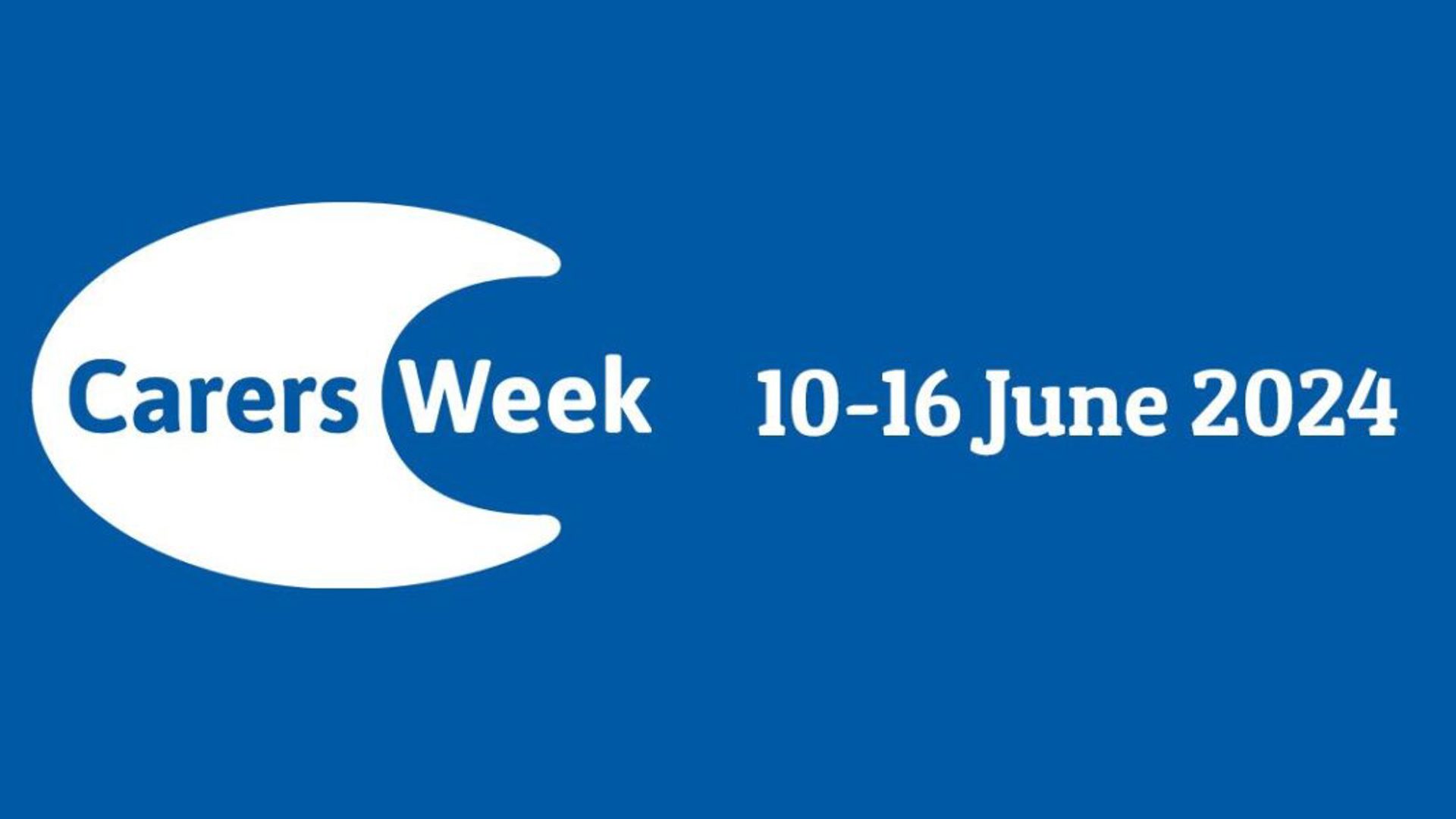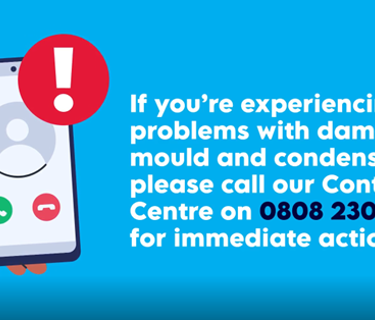Millions of people across the UK care, unpaid, for a friend or family member due to illness, disability, a mental health condition who cannot cope without their support.
It is estimated that they save the economy £162 million a year – the equivalent of a second NHS, yet many carers feel their role is forgotten and invisible.
This year’s theme for 2024 aims to campaign for much-needed recognition and support. This includes raising challenges carer face which impact on their finances, employment, health and wellbeing and ensuring we better support carers’ needs.
Here, one of our residents Kate, shares her story…
I met my husband at a college in the Midlands where we both worked around twenty years ago. Plymouth became our home in 2011 as we decided to leave for a life by the sea.
We were married in Plymouth in 2017, and everything was just as we had imagined.
Just over two years later, in November 2019, my husband suffered a major stroke. He spent two weeks at Derriford and then two months on a rehabilitation ward at Mount Gould, before spending six weeks in a care home as he was a high risk for potential falls.
The pandemic happened in early 2020 and it felt like a double whammy, as not only were we dealing with the effects of the stroke, but also with the lockdowns, my husband ended up stuck in that care home for almost five months. No therapy took place and there were no care packages available for him to come home, so it was a lonely time for us both when we needed each other most.
In July 2020 he finally came home, and I became his full-time carer. Like many other carers I never asked to become a carer – it just happened.
The first few months were extremely hard as we both adjusted to our different daily reality. He is really affected on his right side, unable to use his right hand and has also been diagnosed with aphasia which are mainly speech and communication difficulties.
He had some speech therapy provided by the NHS and we also attended a number of sessions at Marjons University, where a lecturer ran a clinic with support from students studying speech and language therapy. It was good to meet other stroke survivors and their partners, as life during the pandemic was isolating – the groups we were told about by the Stoke Association weren’t meeting at the time. My husband was also given a walking stick to try and help him with walking.
In April 2021, about a year and a half after his stroke, we moved into a lovely little PCH bungalow with a wet room. This has really helped him with his recovery which I have learnt can take years.
As my husband used to go to the gym prior to his stroke, I figured out that he wanted to go back to a gym and we found one, which helps people with all kinds of disabilities. Even after going there for almost three years, he still gets a buzz out of it.
I’ve also found out about a Community Transport charity, Access Plymouth which takes us to difference places for appointments all over the city.
There have been numerous challenges we both learnt to deal with – he is using his left hand to do everyday things like eat and being able to use his phone which gives him a couple of hours of entertainment every day.
He can no longer drive or coach football, which he loved and was one of his passions, but he enjoys watching the game on TV and occasionally we walk to a nearby park, where we watch the local football on a Saturday morning.
I have had to take over running our household fully – paying all the bills and dealing with maintenance, doing the grocery shopping and cooking and cleaning as well as dealing with our appointments and general life admin.
As my husband is naturally a very positive person, this has helped him a lot in accepting his disability. He also loves reading and luckily the stroke hasn’t robbed him of the ability to read books and newspapers.
We have managed to make some trips to the cinema and the Theatre Royal. On the downside he is also having to deal with stroke fatigue which isn’t just normal tiredness, he needs a daily nap which is essential to his wellbeing.
Life after the stroke is very different from our life before – this is a very significant event in our lives, but as he often says: ‘Life goes on.’
So, we make the best of each day and count our blessings.
If you want to learn more, or find some support, please visit https://www.carersweek.org/




